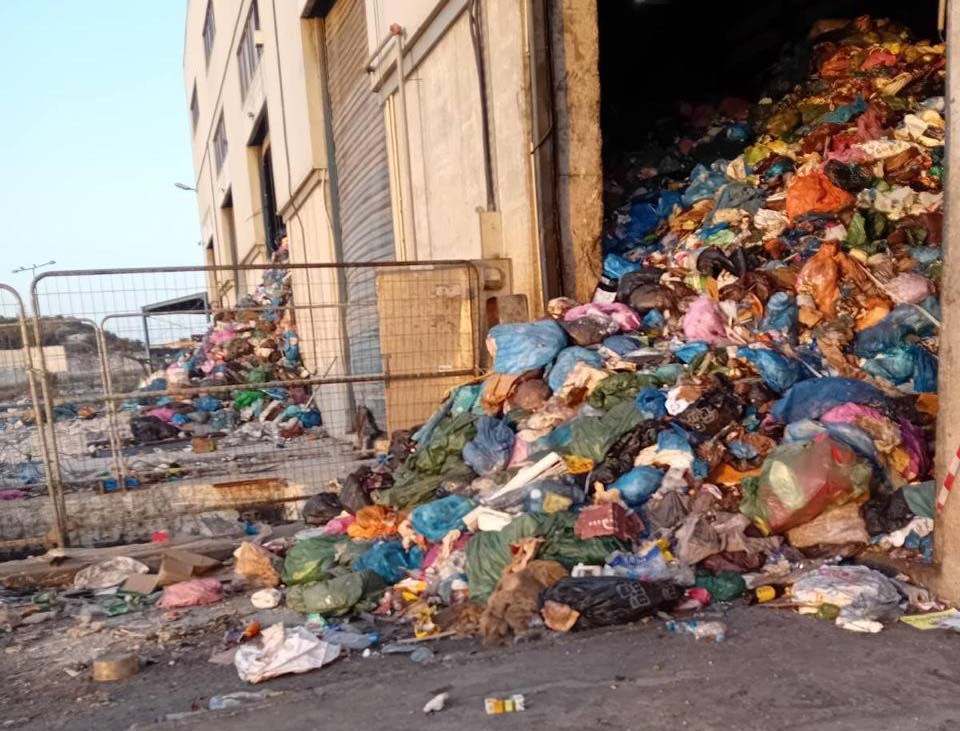The Paphos-Polis highway is the fourth public project this government has terminated because of major disputes with the contractor. Last year it pulled the plug on the waste treatment plant in Pentakomo, while earlier this year it ended the contract for the Larnaca port and marina with Kition Ocean Holdings followed by the termination of the agreement with the Chinese CPP-Metron consortium that was building the Vasiliko gas terminal.
All four contracts were awarded during the Anastasiades administration, two of them in rather dubious circumstance and despite legitimate objections raised by certain quarters. For example, in the case of Pentakomo the EU had advised that a contractor with technological know-how should have been chosen, but the government chose the lowest bidder which had no experience in waste treatment. In the case of the Vasiliko gas terminal there was no competitive bidding, two tenderers having been excluded in the preliminary process for technical reasons.
The termination of these contracts comes with a huge guaranteed cost to the taxpayer because significant additional funds will be needed to complete the projects, not to mention the huge delays. Then there are the legal fees and compensation claims submitted by the contractors for the termination of the projects. And as if this were not bad enough, for two of the projects – Pentakomo and Vasiliko – the European Commission could demand the return of the funding it provided. We are talking about costs of several hundred million euro to the taxpayer. Finance Minister Makis Keravnos expressed concerns that the legal dispute with CPP-Metron and its compensation claims could have an impact of public finances.
It would be a mistake to blame the government, however, for terminating the contracts as it had no choice. It could not carry on allowing the treated waste to be buried at Pentakomo, considering the treatment plant was set up, with EU funding, to put an end to the burying of household waste. The Vasiliko gas terminal was moving at a snail’s pace, the contractor constantly putting back the delivery date and demanding additional funds. Meanwhile, the Paphos-Polis highway should have been delivered this month, but it is reportedly only 30 per cent complete and the contractor had asked for another few years’ extension plus additional costs of €35m. According to the Public Works Department, the road would be completed in three years, which seems rather optimistic, by another contractor.
The question the government should be asking is why this is happening? Why are contracts being awarded to companies that cannot complete the projects on time and without additional costs? Are the specifications for projects unrealistic or are the authorities trying to squeeze too much out of the contractor for too little money? If this is the case, why do companies tender for such projects? A contractor, speaking on the radio on Tuesday, said that a weakness of government contracts was that they had no provisions for ways of resolving disputes between the parties, so when there is a major dispute the only solution is terminating the agreement.
After all these failures, which cost the taxpayer large amounts of money, the government services must review tenders’ procedures and public contract provisions, because the aim must be for projects to be completed on time and at no extra cost.







Click here to change your cookie preferences